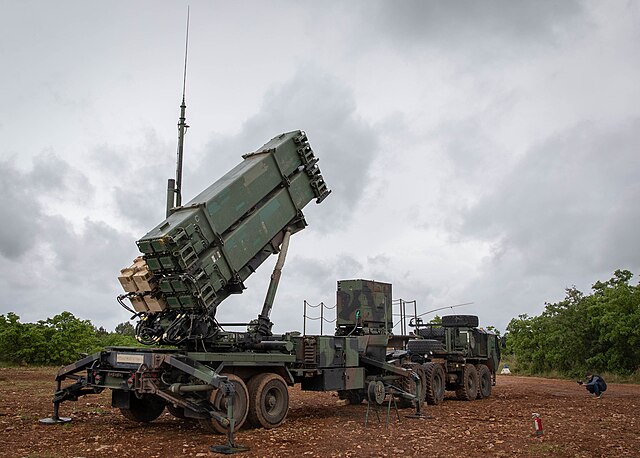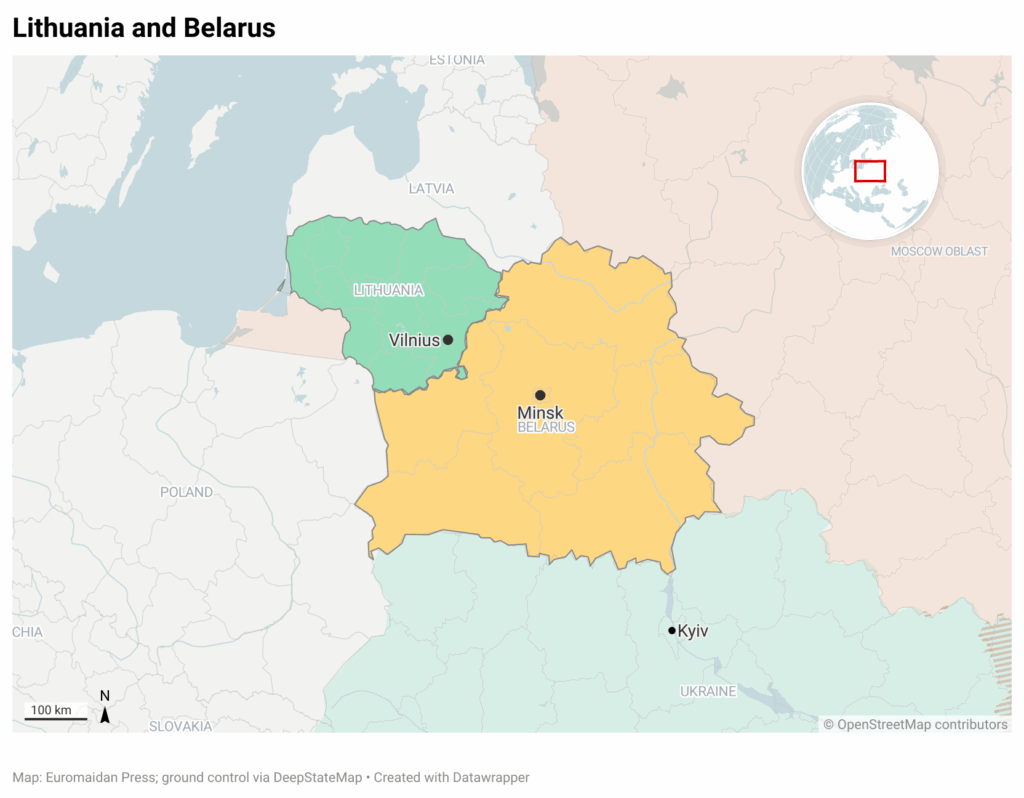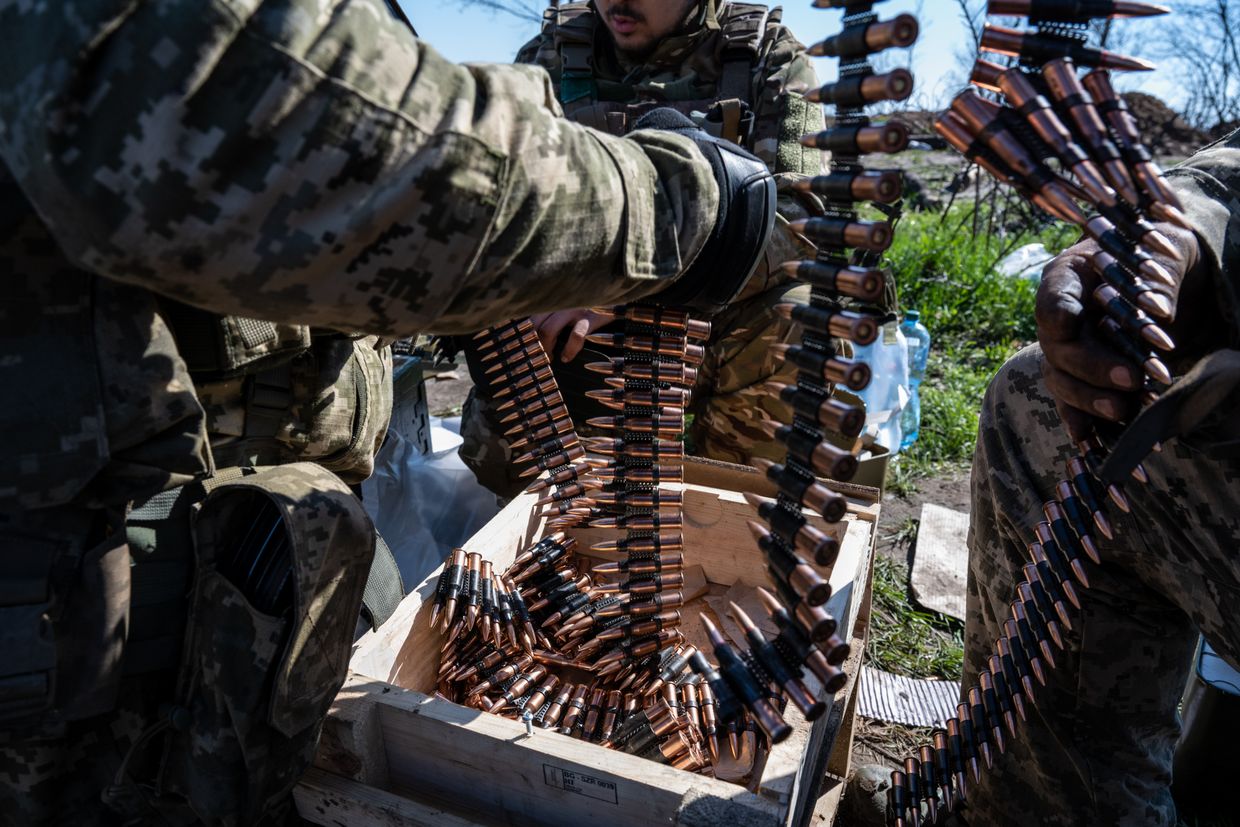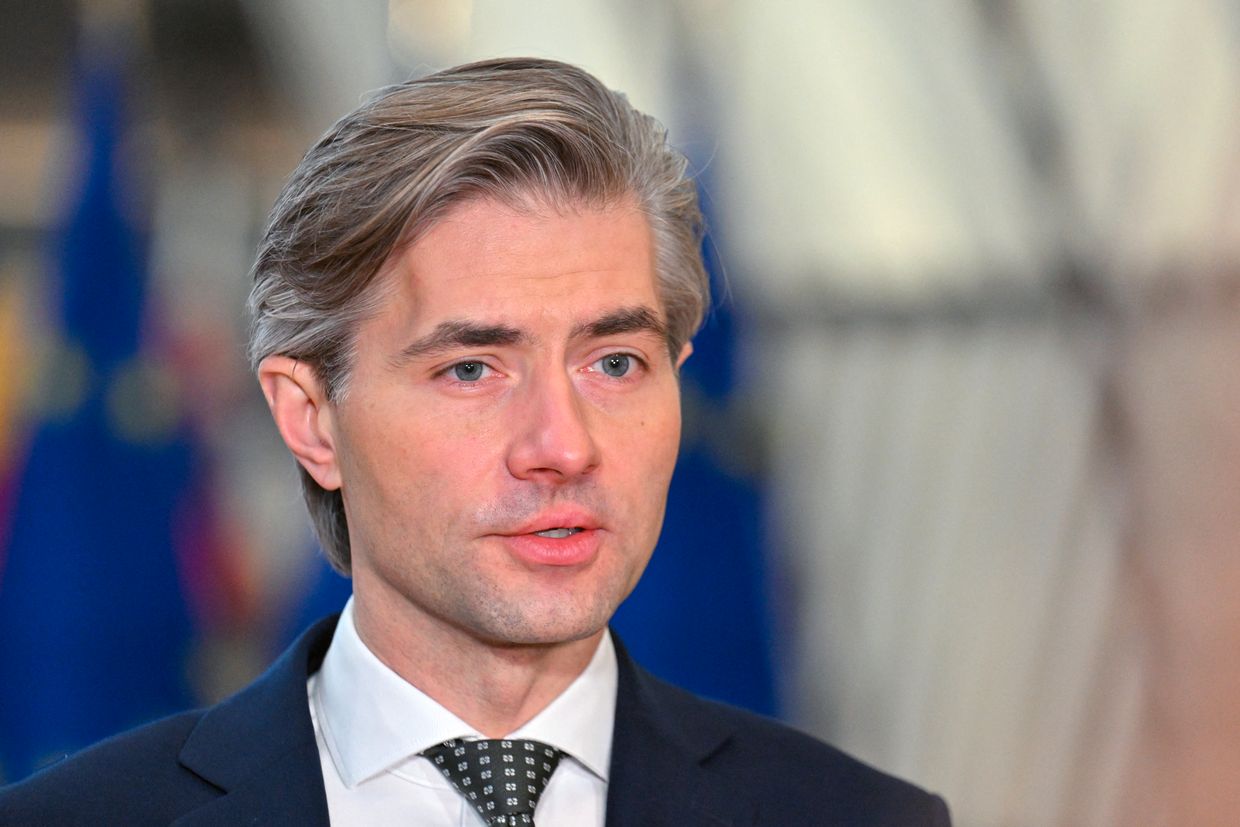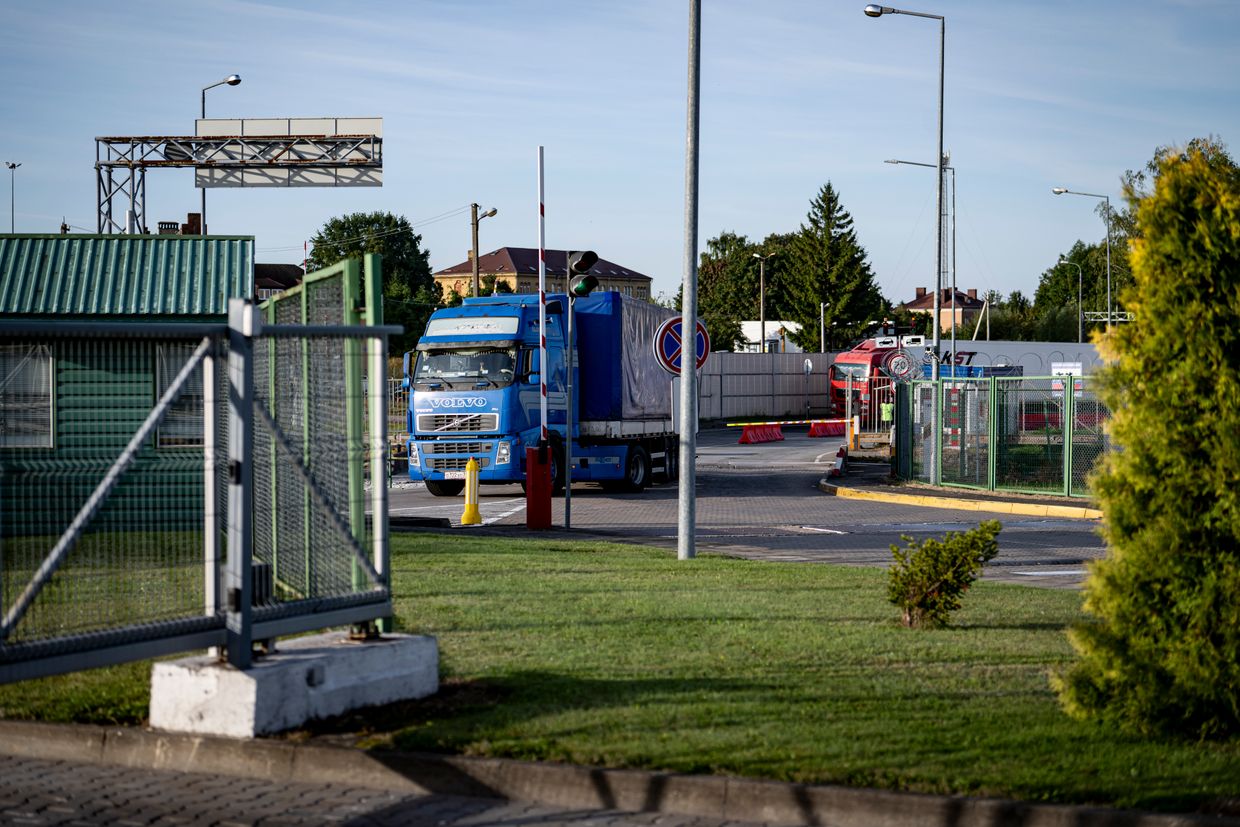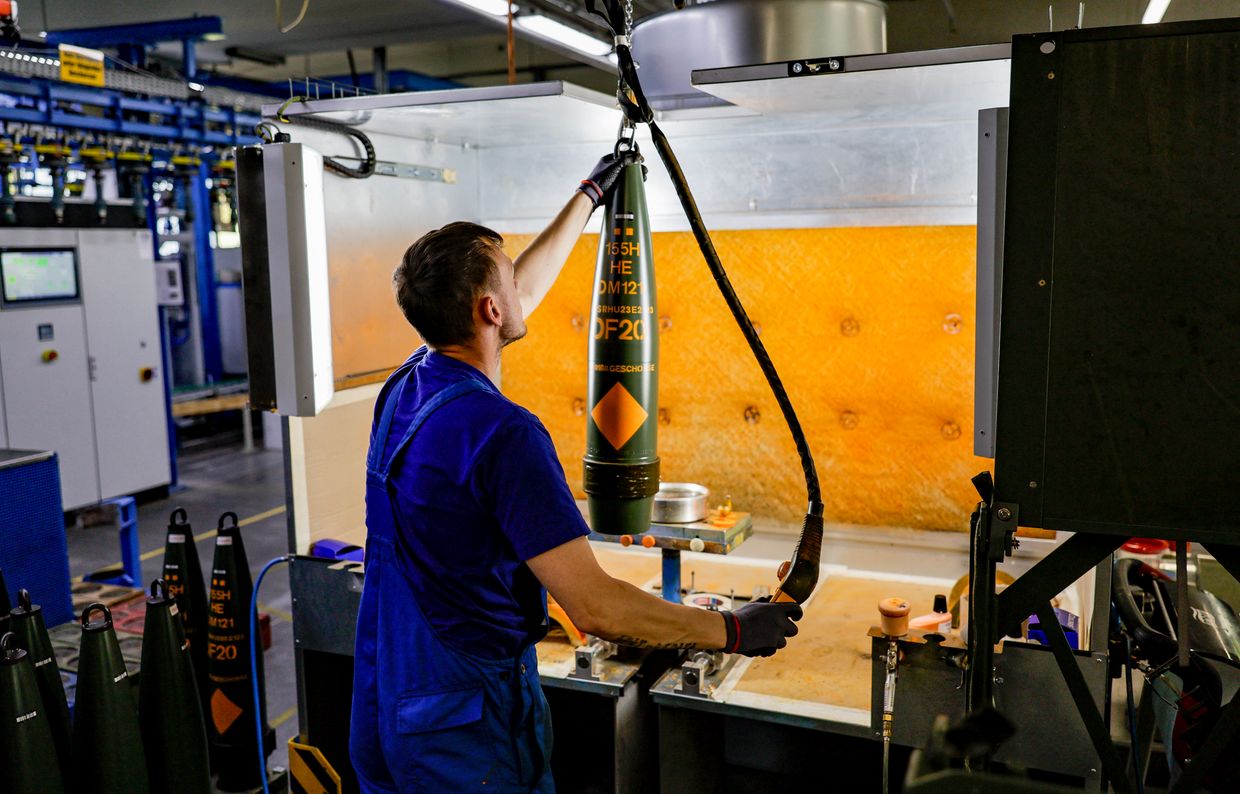“Ukraine’s security is directly connected to ours” – 8 Nordic-Baltic countries pool $500M weapons package
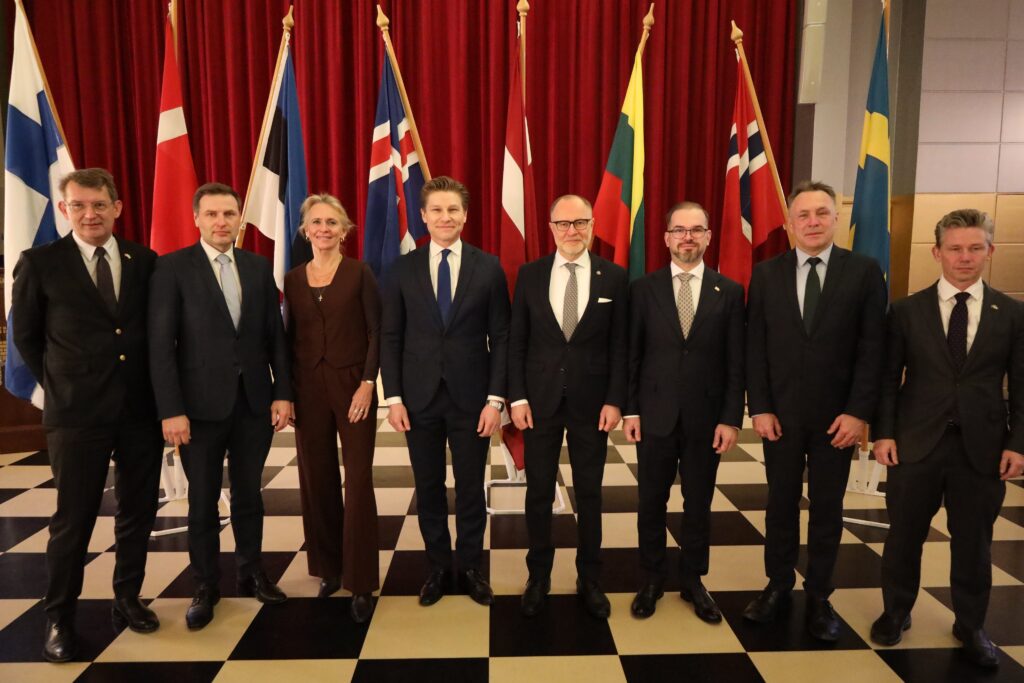
Eight Baltic and Nordic countries announced a joint $500 million weapons and munitions military aid package for Ukraine on 13 November.
The package is designed to strengthen Ukraine’s defence capabilities ahead of winter, as Russia intensifies strikes on civilian and energy infrastructure. It will supply critical weapons and ammunition sourced from the United States through NATO’s Prioritised Ukraine Requirements List (PURL) initiative.
Eight northern allies declare "Ukraine's security is directly connected to ours"
The countries involved - Denmark, Estonia, Finland, Iceland, Latvia, Lithuania, Norway, and Sweden - confirmed the package during the Nordic-Baltic Eight (NB8) Defence Ministers’ meeting in Helsinki.
In a joint statement, they reaffirmed their commitment to Ukraine’s security, calling it “fundamental to European security” and emphasizing the need for long-term, coordinated military support.
The statement said the package is one of many ways the NB8 supports Ukraine’s ability to deter future Russian aggression. “We will not allow [Russia’s war of aggression] to succeed. Ukraine’s security is directly connected to ours,” the ministers said.
Finland, Denmark, Estonia, Iceland, Latvia, Lithuania, Norway and Sweden announced today that they will fund a USD 500 million package of defence materiel for Ukraine sourced from the United States.
— Puolustusministeriö (@DefenceFinland) November 13, 2025
Press release: https://t.co/84hkJTowV4 pic.twitter.com/a13IdUfK9z
How NATO's PURL initiative pools allied funds for urgent Ukraine weapons deliveries
The Prioritised Ukraine Requirements List (PURL) allows NATO allies to pool funds to purchase US-supplied weapons, munitions, and military equipment for Ukraine.
NATO Secretary General Mark Rutte welcomed the announcement: “This equipment is extremely important as Ukraine enters the winter months, and deliveries through PURL are flowing into Ukraine. NATO Allies will continue to deliver essential equipment and supplies.”
The aid package will provide high-priority military equipment such as missiles, precision weapons, air defence systems, long-range artillery shells, HIMARS rockets, and guided aerial bombs.
Norway’s Defence Minister Tore O. Sandvik noted that PURL ensures Ukraine receives urgent equipment quickly, and Sweden highlighted the package’s contribution to strengthening Ukraine’s air-defence capabilities.
Norway leads with $200M, Lithuania commits funds through 2026
Norway is contributing the largest share at roughly NOK 2 billion (~$200 million), Sweden $60 million, Denmark around 400 million Danish kroner (~$53 million), and Lithuania $30 million.
Lithuania also earmarked funds for next year and stressed the importance of using frozen Russian assets to support Ukraine’s defence spending.
Beyond weapons: Nordic-Baltic Eight expands brigade training in Poland
The NB8 meeting also addressed broader initiatives, including training Ukrainian brigades in collaboration with Baltic, Nordic, and Polish forces. Lithuania will contribute €12 million worth of equipment, ammunition, grenades, and a mobile training team to the OP-LEGIO Training Centre in Poland.
Ministers emphasized that Russia’s aggression poses a long-term threat to European security, the transatlantic community, and the rules-based international order.
Estonia’s Foreign Minister Margus Tsahkna said maintaining support for Ukraine will remain central to the NB8’s agenda during Estonia’s presidency next year.

